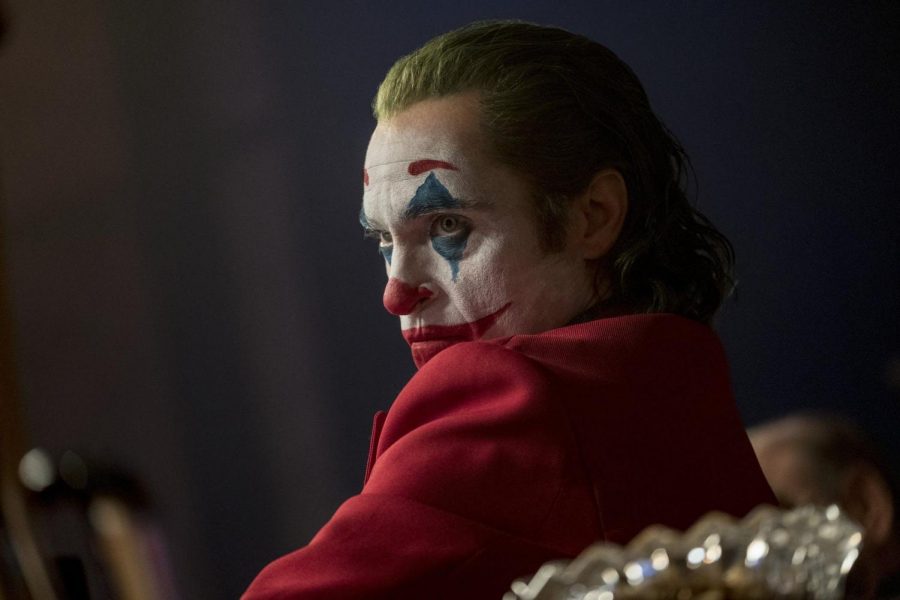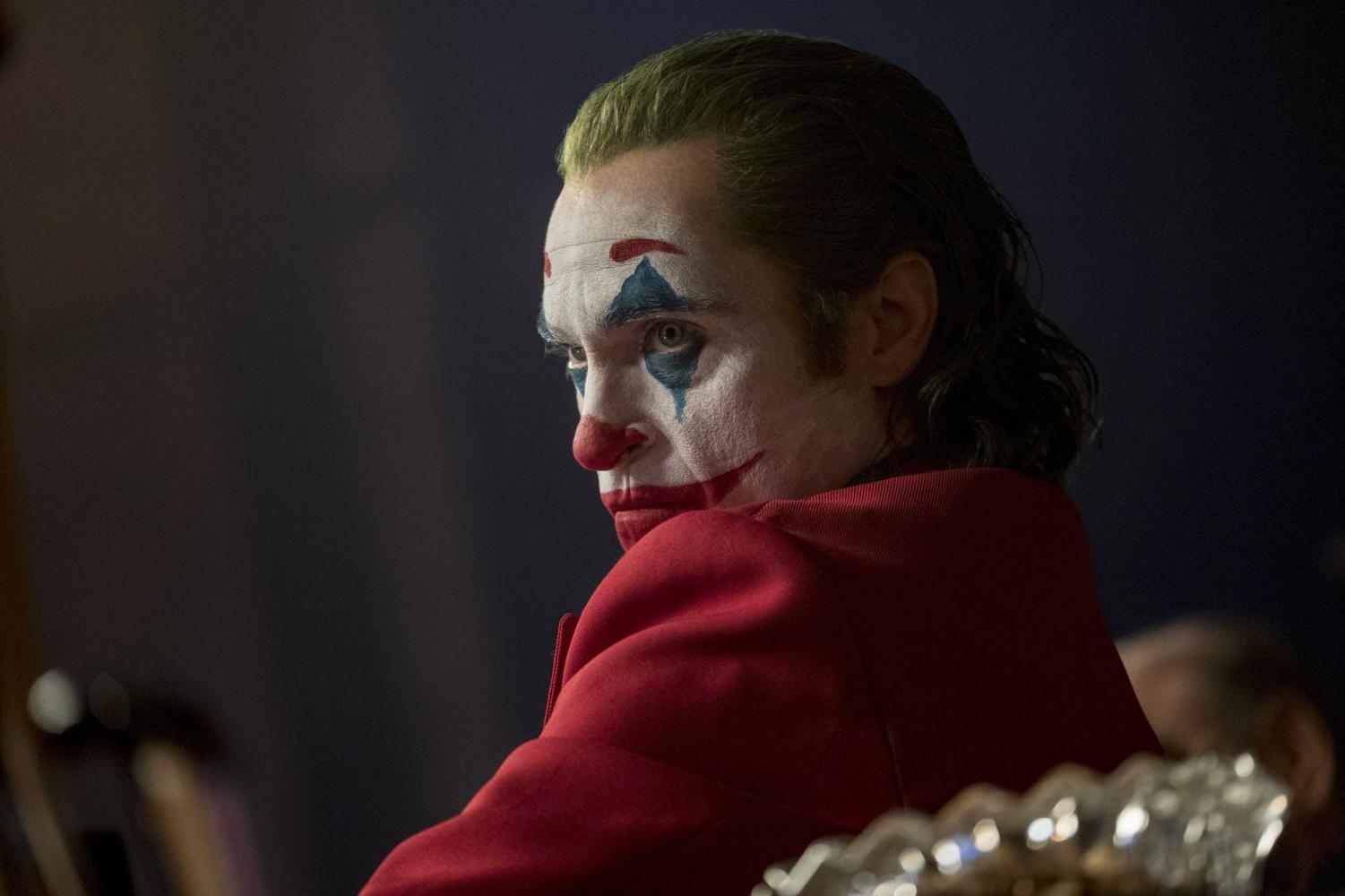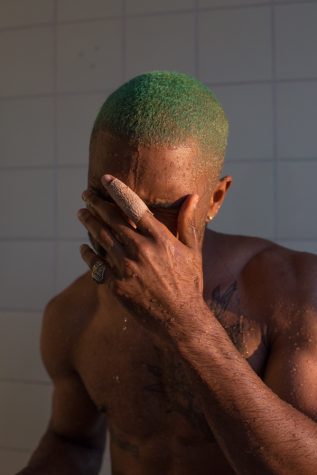“Joker” Lacks the Soul of Other Disturbing Psychological Thrillers

“Joker” Lacks the Soul of Other Disturbing Psychological Thrillers
Joaquin Phoenix plays Arthur Fleck in Todd Phillips’ “Joker.” (Courtesy of Twitter)
Joaquin Phoenix plays Arthur Fleck in Todd Phillips’ “Joker.” (Courtesy of Twitter)
October 16, 2019
Hang on for a minute...we're trying to find some more stories you might like.
Email This Story
The question I kept asking myself while watching “Joker” was simply, “Why does this movie exist?”
It’s a question that, as a comic book fan, and specifically one that believes Joker works best as a character whose backstory is left undefined or ambiguous — as was the case with Heath Ledger’s legendary version of the character in “The Dark Knight” — has occurred to me since the new film was announced. But as a film student, I saw the potential artistic value in a Martin Scorsese–style story of such a famously deranged character’s descent into madness.
Unfortunately, a lot of that potential goes unfulfilled in Todd Phillips’ film. Even though it boasts a unique visual style and impressive performance from Joaquin Phoenix as the titular character, it is ultimately a rather soulless and problematic creation.
Phoenix’s version of the character starts out as a mentally-ill, down on his luck party clown and aspiring comedian named Arthur Fleck. Living in an especially grimy 1980s Gotham City, Fleck can’t seem to catch a break; he is jumped and beaten early on in the film and later blamed by his boss for the incident. He is constantly derided by others because of a medical condition that causes him to laugh uncontrollably, often inappropriately.
Things go from bad to worse for Fleck (though often because of his own dangerous behavior) and his already-fragile stability continues to wear away until a violent encounter with a group of fraternity boys convinces him that life might just be easier if he let all his crazy out.
As Fleck embraces his inner psychopath, his clown persona becomes a figurehead for similarly disenfranchised and disturbed individuals throughout Gotham who start a clown-worshiping movement to counter the mayoral campaign of Thomas Wayne, played by Brett Cullen.
Following in the footsteps of films like “Taxi Driver” and “Fight Club,” “Joker” is a film that always held the potential to be interpreted by some disturbed viewers as inspiration rather than as a cautionary tale (see: incel culture controversy) — but unlike with the earlier films, that adoption doesn’t come about because of a misinterpretation on the part of said viewers.
“Taxi Driver” and “Fight Club” critique the toxic masculinity of their lead characters but “Joker” won’t fully admit that Fleck’s is, in fact, toxic. There’s a scene late in the film in which Gotham late-night host Murray Franklin, played by Robert De Niro, calls out Fleck for his violent acts and rationales — seemingly the condemnation the film needs to offer — but then Fleck (or Joker, as he is by this point) launches into another rationale, blaming society for the way it turns away from the less fortunate and mentally ill for his actions.
That phenomenon is a horrible one, and it’s important to talk about. However, that one empathetic move doesn’t excuse the failures “Joker” makes as both entertainment and as a political statement.
Because while Fleck has a point, so does Franklin. Fleck’s treatment by society is shameful but what he does in response is worse. The film fails to give Franklin a chance to retort because it quickly launches into its chaotic and violent finale, one in which Phillips depicts Fleck for the most part as a triumphant prophet.
It’s a shame that with as much pulling as “Joker” does from other dark, politically-charged character studies, it couldn’t pick up some of the things that make them worth watching, like the emotional depth of “Taxi Driver” or the satirical tone and thrilling twists of “Fight Club.”
The few saving graces of “Joker” are in its aesthetics and mise-en-scene. Phoenix’s performance is obviously the biggest draw and for good reason, as it’s an appropriately unhinged one that makes disturbing use of body language — even if Phoenix ultimately can’t reach the high bar set by Ledger, or even Mark Hamill’s work as the character in various Batman animated films and series.
The film is also gorgeous to look at it, with excellent cinematography and particularly striking colors, as well as detailed and immersive production design.
Unfortunately, some impressive visual elements aren’t enough to save “Joker” from being an empty bore. It’s a well-crafted film but one with a story that’s unnecessary and far from compelling.












If you want a picture to show with your comment, go get a gravatar.